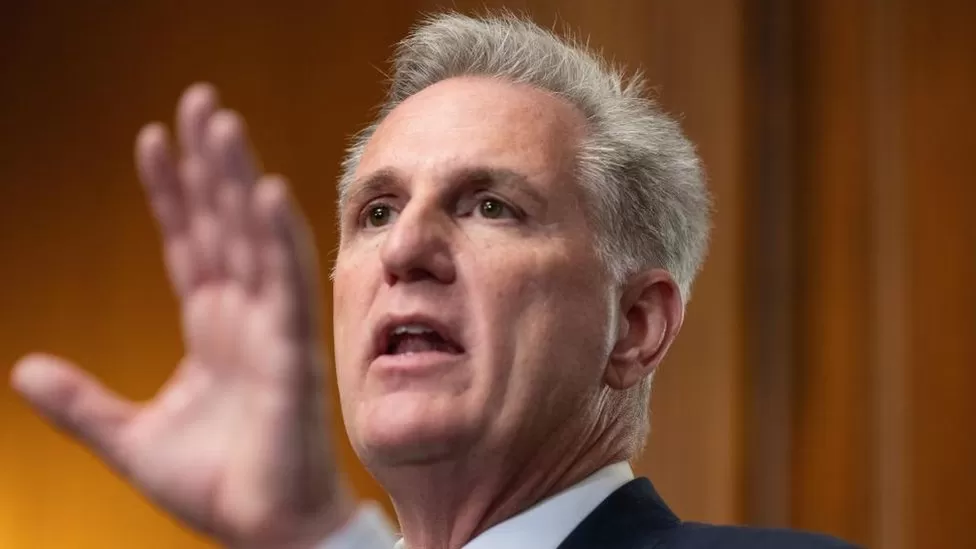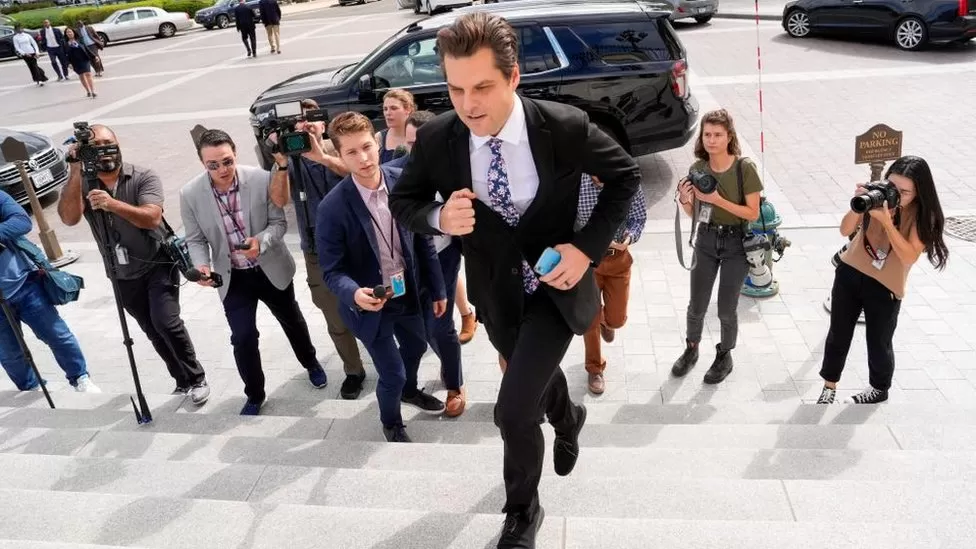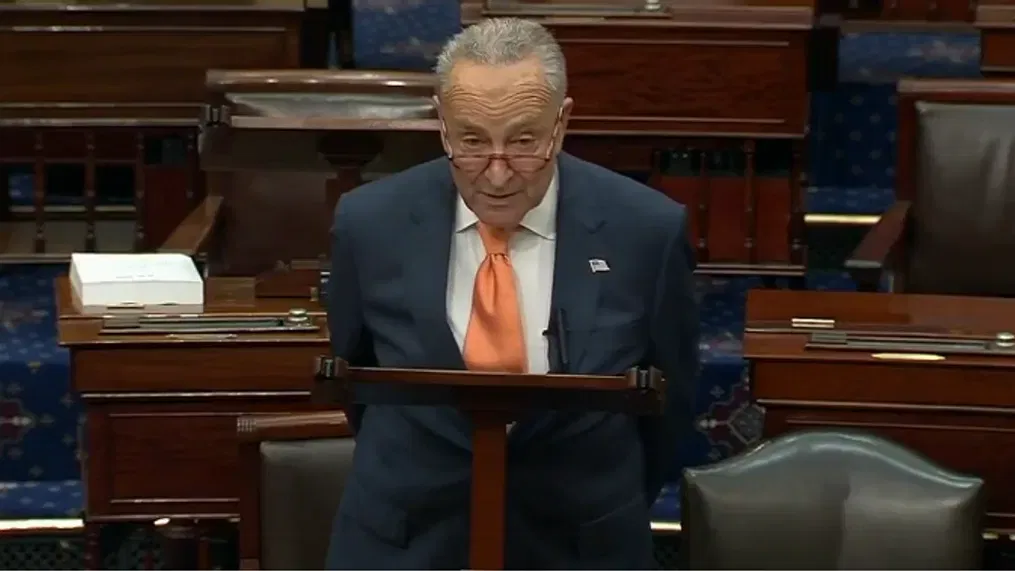The US government has avoided a federal shutdown after both the House and Senate agreed on a short-term funding deal.
A bill to fund the government until mid-November was approved with strong support and signed into law by President Biden just in time. However, it didn’t include new money to help Ukraine in its conflict with Russia, which some Democrats wanted.
A leader from the Republican Party, Kevin McCarthy, went against some of his own party members to propose this bill. Without it, many government workers wouldn’t get paid, and some services would stop.
More Democrats than Republicans supported the bill to avoid a shutdown. This upset a small group of Republicans who wanted more spending cuts and no extra help for Ukraine.
Since the House quickly ended their meeting after the vote, the Senate had to agree with the House’s decision. Only nine senators disagreed; all of them were Republicans.
President Biden said that some Republicans in the House were trying to make a big problem out of nothing and asked Speaker McCarthy to allow more help for Ukraine without delay. He emphasized that supporting Ukraine is very important.

Top leaders from both parties in the Senate, including Mitch McConnell, made an unusual joint statement. They want to make sure the US keeps helping Ukraine in the next few weeks.
This happened because Senator Michael Bennet, a Democrat from Colorado, who supports giving more money to Ukraine, delayed Saturday’s plans. He wanted to be sure there were promises to help Ukraine in the deal.
So far, Congress has agreed to give Ukraine about $113 billion for things like military support, humanitarian aid, and economic help since Russia started a big attack last year. President Biden wants to give them another $24 billion.
Shutdowns happen when both chambers of Congress are unable to agree on the roughly 30% of federal spending they must approve before the start of each fiscal year on October 1.
With Republicans holding a slim majority in the House and Democrats holding the Senate by a single seat, any funding measure needs buy-in from both parties.
Repeated efforts to pass spending bills in the House have been thwarted in recent weeks by rebel right-wingers.
The group has opposed short-term spending measures and pushed for making cuts by passing long-term spending bills with agency-specific savings, even though such bills stand little chance of advancing through the Senate.
Mr. McCarthy had been extremely reluctant to rely on Democratic votes to pass the House’s bill until the last minute, given that this would anger these hard-line conservative members of his party.
This drama is likely to be repeated again in less than seven weeks as fundamental disagreements over government spending levels and policies between Republicans and Democrats, and among Republicans themselves, have not been resolved.

Right now, Congressman Matt Gaetz and strict conservatives in the House need to make a choice.
McCarthy, the House Speaker, went against the usual way of things by getting support from Democrats for the short-term bill. This upset some in his party, and they might try to push him out of his leadership position.
McCarthy basically said, “Go ahead, try it. We need someone responsible in charge.”
We’ll see in the next few days if Gaetz and his group were really serious about their threat or if they were just talking tough.
SOURCE:BBC

